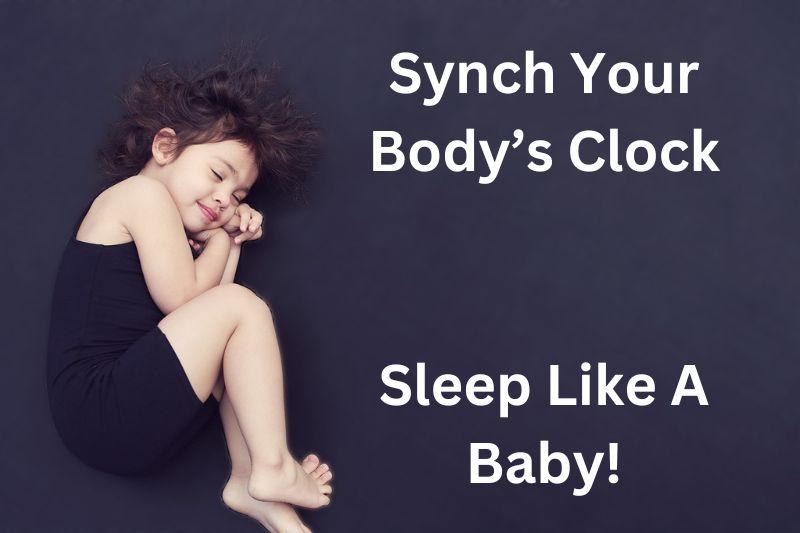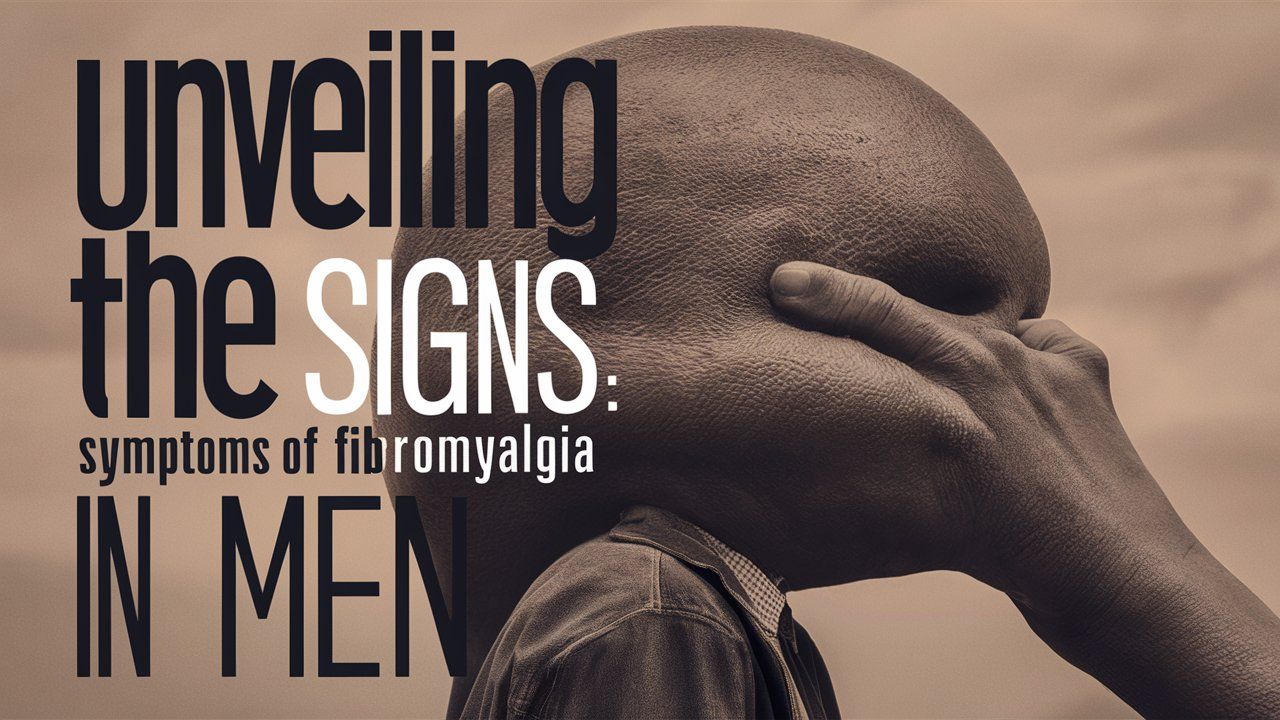You CAN Train Your Body To Know When It’s Time To Sleep
When you go to bed, and when you get up, is the cornerstone to perfectly restful and totally refreshing sleep. Learn to sync your biological clock, so your body will know when to sleep and when to be alert.
Staying up late on Friday and Saturday nights and sleeping in on Saturday and Sunday mornings is frequently the reward we give ourselves after a hard week at work. Yet that little gift is enough to upset your biological clock. Share on X Wake At The Same Time Every Day
Wake At The Same Time Every Day
A good night’s sleep actually starts in the morning. From the very first moment you open your eyes, light begins a brisk morning run down the optic path and arrives at the brain – the body’s biological clock. There, it stimulates the creation of a morning buffet of hormones regulating growth and reproduction. This cerebral chemical brunch controls patterns of eating, sleeping, thinking, and even memory.
Sunlight Activates The Brain
Activating your brain at the same time every morning synchronizes your body’s biological clock. Your body then has a clear direction that at midnight it’s supposed to be asleep – at noon it’s supposed to be awake. Wake up at a different time every day and your biological clock stays out of sync. You feel groggy and hungover for hours. Even when you start to feel alert after that first jolt of hot morning Java, you still never achieve the mental edge you’re capable of.
 Hit the Sheets Only When You’re Sleepy
Hit the Sheets Only When You’re Sleepy
Only go to bed when you’re SLEEPY, not just tired. Sleepy, as in your eyes are droopy and you keep losing track of what people are saying to you.
Get Up! Don’t Just Toss and Turn!
Sleeping from 11:00 PM until 2:30 AM, then tossing and turning until 4, before finally sleeping until 6, will give you eight hours in bed but only 4-1/2 hours of real sleep. That can actually inhibit your sleep drive and cause insomnia. To prevent that sleep issue, when you wake at 2:30 AM, get up and go into the living room and read a book. Being up increases your sleep drive desire, and make you sleepy enough to actually fall asleep when you return to bed.
A good night's sleep actually starts in the morning. From the very first moment you open your eyes, light begins a brisk morning run down the optic path and arrives at the brain - the body's biological clock. Share on XA VERY Important Point
If you can’t sleep, DON’T stay in bed. A part of your mind will begin to associate the bed with being awake rather than sleeping. That can turn on a nasty “I’m-not-sleeping!” anxiety. This kind of anxiety can “rev your engines” when you get into bed. It’s one of the most insidious – and potent – causes of chronic insomnia.
 Give Yourself at LEAST One Hour
Give Yourself at LEAST One Hour
Take one hour right before bed to prepare to sleep. You need this hour to wind down, prepare your mind, and transition from the one-who-can-do-everything into the one-who-can-sleep. Unfortunately, most people do not give themselves any sleep preparation time.
According to a 2007 poll, during the hour before bed 60 percent of us do household chores, 37 percent take care of children, 36 percent do activities with other family members, 36 percent are on the Internet, and 21 percent do work related to their jobs.
DANGER – Sunday Night Insomnia
Staying up late on Friday and Saturday nights and sleeping in on Saturday and Sunday mornings is frequently the reward we give ourselves after a hard week at work. Yet that little gift – even as small as it is – is enough to upset your biological clock. When you go to bed early on Sunday – your body clock is out of sync – you will not be ready to sleep. As a result you will not be the rested, smiling, happy camper that your co-workers expect Monday morning.
Follow these simple guidelines and “Sync Your Body’s Clock – Sleep Like A Baby!”



